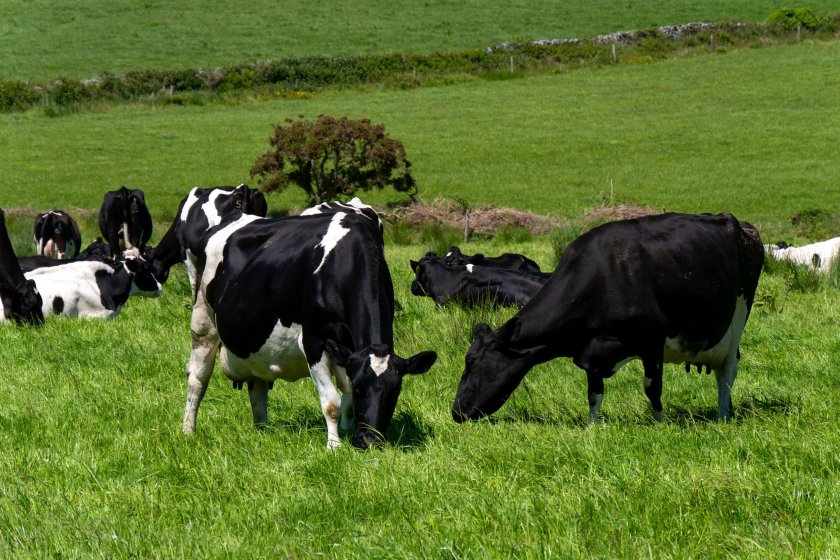
Agri-tech experts are developing a grassland modelling solution to provide grass growth measurements with accuracy that was unattainable in previous technology.
Agribot, an artificial intelligence and climate technology firm, alongside Agri-EPI Centre, say the solution will save farmers’ money and bring environmental benefits.
Working with a Cumbria farm network and a dairy farm in Leicestershire, the project distinguishes itself from previous grass growth forecasting methods.
This is because it combines innovative Synthetic Aperture Radar (SAR), a form of radar that can easily pass-through clouds with a novel two-week probabilistic weather model.
The result is year-round reliable data on the dry matter mass cover in an identified field, according to the agri-tech firms.
Farmers will be able to use the data to make informed decisions about their own fields, enhancing farm productivity and lowering the carbon footprint of dairy herds.
Chris Knight, founder of Agribot says: “This technology is now more essential than ever—cutting time, costs, and carbon emissions.
“Our app is helping to change this by addressing the problem in three stages: using real time satellite radar data to find out what’s happening now, creating a 2–3-day weather forecast and finally a 2–3-week growth forecast for grass based on our long-range weather and localised climate models.”
Accurate weather and growth forecasting is an increasingly valuable resource. The Grassland Modelling project not only forecasts the impacts of accelerated climate change but works to help mitigate them through effective farm management.
Rob Morrison, head of dairy at Agri-EPI, says farmers can proactively manage resources, minimise waste, and significantly reduce costs if armed with knowledge about rainfall patterns and grass growth.
“Overall, grasslands modelling provides resilience to the dairy farming sector and aligns with the UK’s goal for net zero carbon emissions," he says.
"For instance, an increased utilisation of 1% of grassland could increase the annual profitability of the UK dairy and livestock sector by £22m.
"Our test farms as part of this feasibility study are already seeing the benefits of this and we will soon be engaging with the wider Agri-EPI network to increase adoption.”
